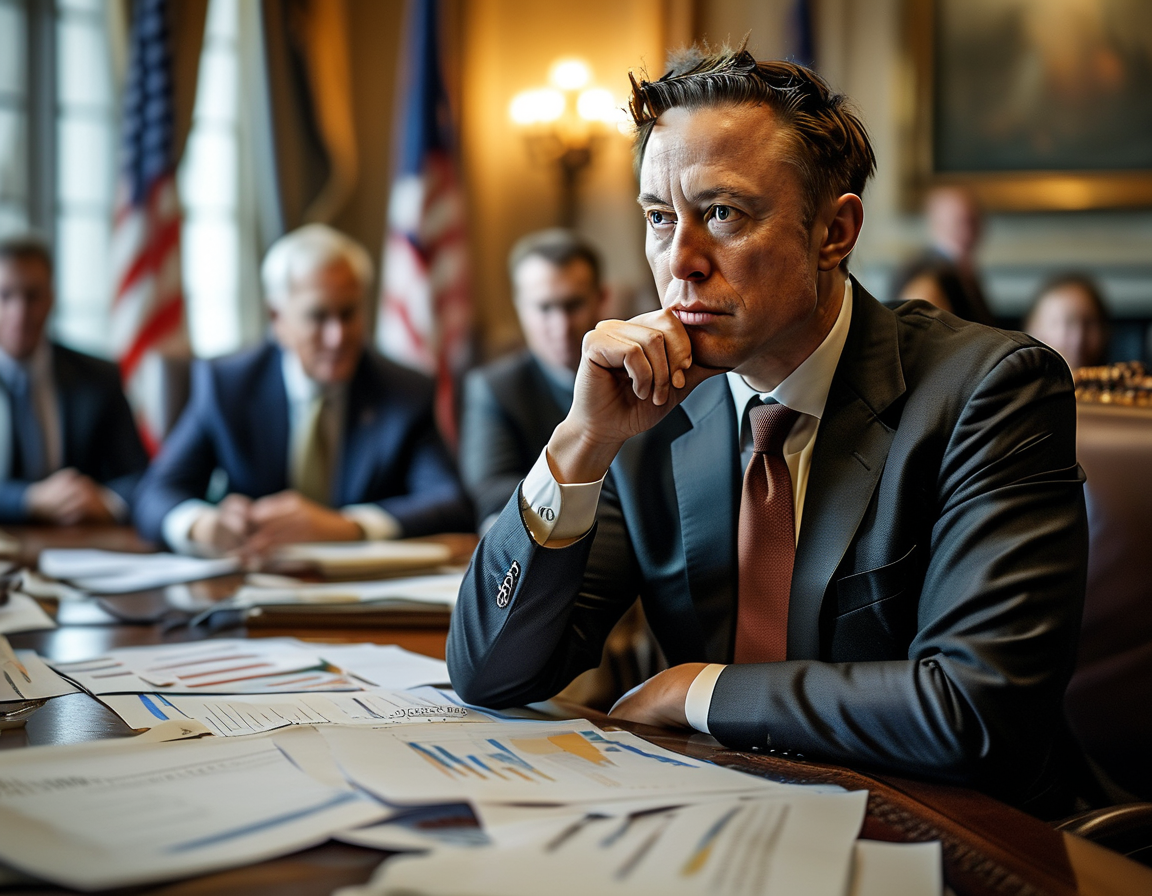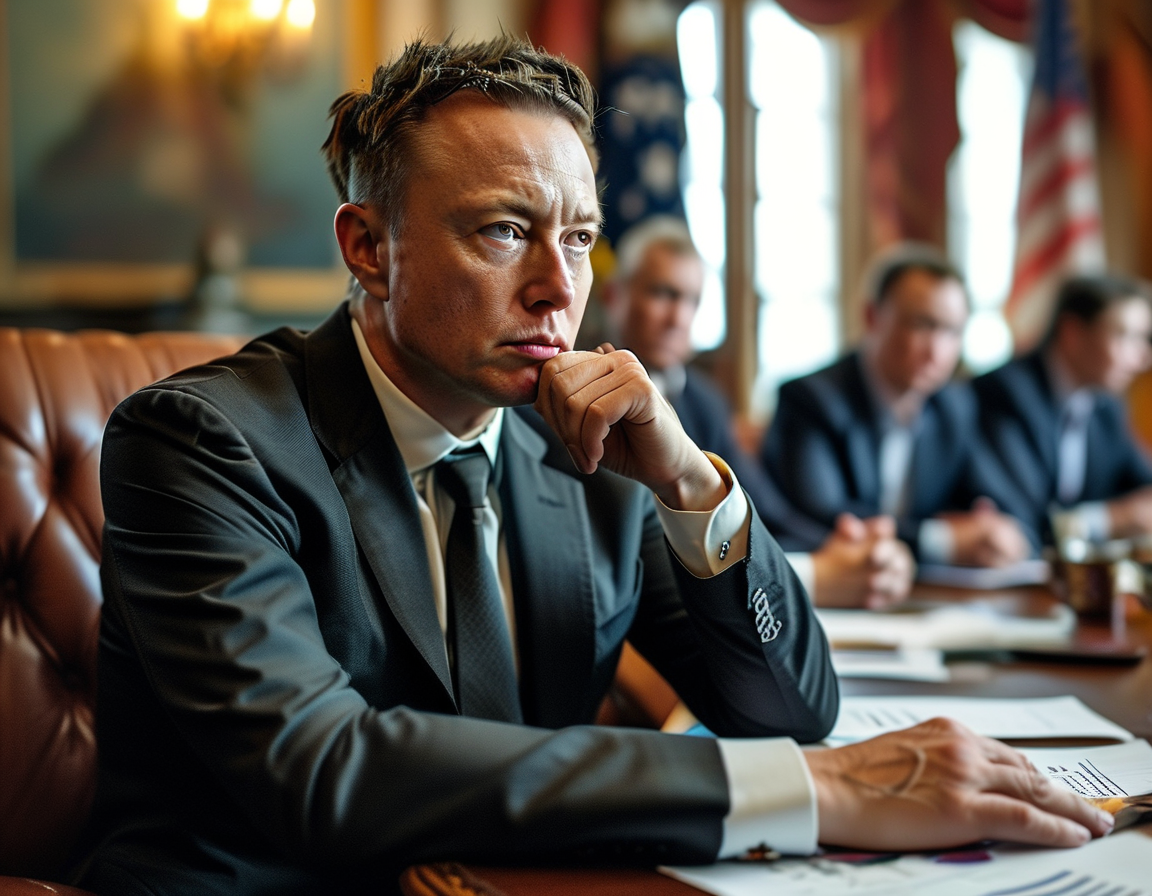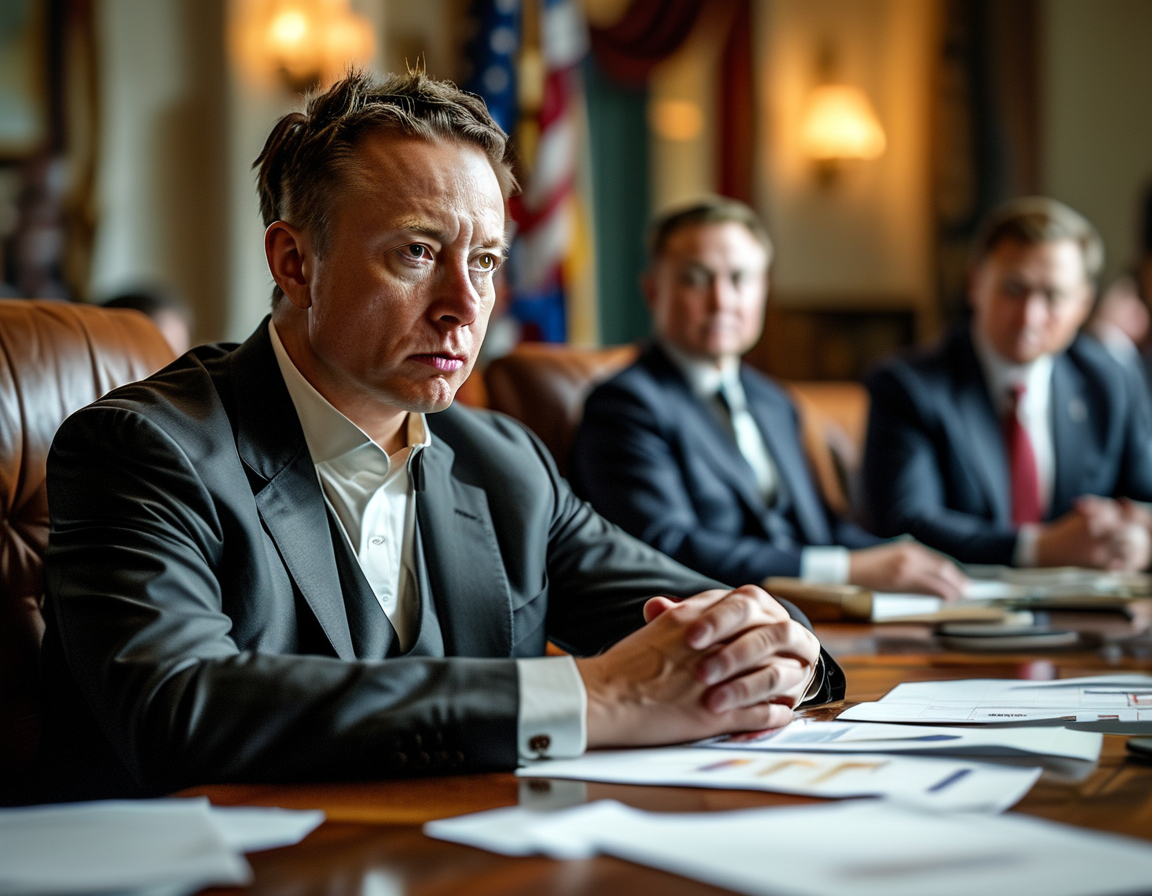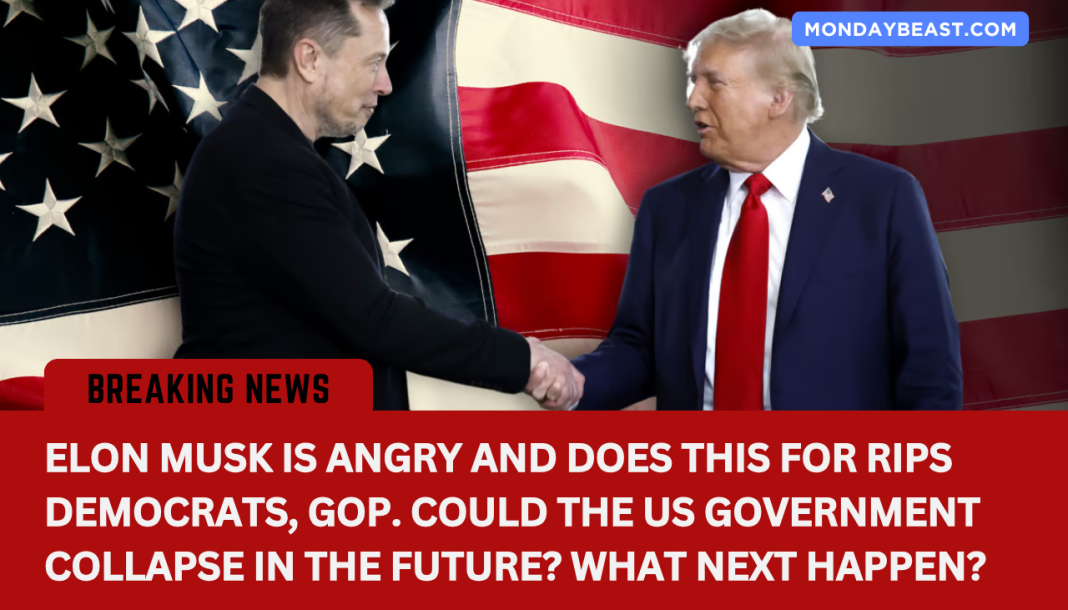Elon Musk’s recent political venture has left many in shock. After backing a spending bill championed by President-elect Donald Trump, the deal crashed and burned in the House. The vote ended with a clear message: 174 against and 235 in favor.
Musk, who co-chairs Trump’s new Department of Government Efficiency, couldn’t contain his frustration. He took to social media to lay blame squarely on Democrats. His posts criticized the leadership, indicating they contributed to a looming government shutdown.

But why was this bill so significant? Most of us might not realize how vital these negotiations are for everyday Americans. As government programs sit in limbo, millions could find themselves affected.
There’s a sense of irony here. Musk, known for his innovations, found himself wrapped up in old-school political games. During a time when efficient governance is crucial, the proposals fell flat. The new bill, hastily put together, came in at only 116 pages while the previous one nearly reached 1,600.
Critics like Democratic Leader Hakeem Jeffries pointed out the absurdity of the Musk-Johnson plan, calling it unserious. It raises an important question: What happens when billionaires step into politics? Do they truly understand the implications of their actions?

From the Democratic side, eyes were rolled. Congressman Rosa DeLauro joked about the ‘fear’ Republicans demonstrated towards Musk’s influence. What she pointed out was not just a quip—it underscores a fundamental fear within the GOP.
After the vote’s disappointing result, Jeffries took to social media again, highlighting the failures of what he labeled the ‘Musk-Johnson government shutdown bill.’ He went on to criticize the Republicans, suggesting they play to the whims of wealthy donors instead of working class Americans.
It’s important to see both sides here. Musk has championed innovation. We see him creating jobs and driving tech advancements. Yet, in the legislative arena, the billionaire’s ventures seem misplaced. If he’s out of touch with the daily struggles Americans face, what does that imply for his political ambitions?

Meanwhile, former President Trump was swift with his commentary, describing the blocked bill as a ‘nasty trap’ engineered by Democrats. Yet, it was his earlier influence that led to the scrapping of an expanded plan, now leaving both parties scrambling for answers.
Trump’s tone of warning against any Republican who backed the spending bill encapsulates the ongoing struggle within the GOP. The party appears fractured, with many members uneasy about following Musk’s lead. And can we blame them?
As the clock ticks toward a potential shutdown, there’s an unsettling reality looming. We might be facing another political impasse with real-world consequences.
It’s evident that Musk’s foray into politics hasn’t gone as planned. If anything, it shines a light on the hurdles billionaires face when navigating traditional political landscapes. There are lessons here for both sides.
Some Republicans, like Rep. Chip Roy, have even started to question if they are being serious about deficit reduction. It’s difficult not to feel wary when billionaires like Musk step in, raising concerns about whose interests are being served.
In essence, this political saga is not only a setback for Elon Musk; it’s a moment for the GOP to reflect on its direction moving forward. They face a crucial choice: align with emerging influences like Musk or return to their traditional values.
As discussions continue, voters are left waiting. The implications of a government shutdown could be profound. What happens next? Will Musk pivot his approach? This situation warrants careful watching, and how it unfolds may signal larger shifts within American politics.




